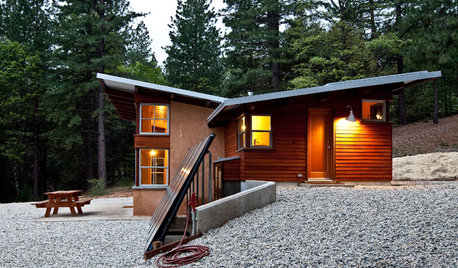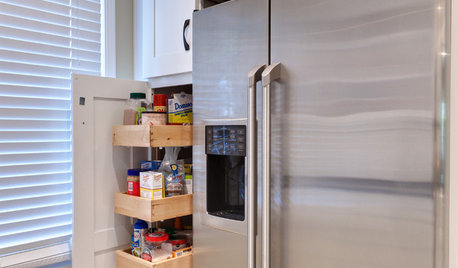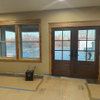hot water heater placement
tracik3
11 years ago
Featured Answer
Comments (9)
LuAnn_in_PA
11 years agolast modified: 9 years agoRelated Professionals
Franklin Architects & Building Designers · Lake Morton-Berrydale Home Builders · Fresno Home Builders · West Hempstead Home Builders · West Carson Home Builders · Annandale General Contractors · Big Lake General Contractors · Catonsville General Contractors · Clarksville General Contractors · Deer Park General Contractors · DeSoto General Contractors · Leon Valley General Contractors · Los Alamitos General Contractors · Parkville General Contractors · Reisterstown General Contractorsbowyer123
11 years agolast modified: 9 years agodavid_cary
11 years agolast modified: 9 years agobevangel_i_h8_h0uzz
11 years agolast modified: 9 years agoagentslim
11 years agolast modified: 9 years agorenovator8
11 years agolast modified: 9 years agotracik3
11 years agolast modified: 9 years agobowyer123
11 years agolast modified: 9 years ago
Related Stories

GREAT HOME PROJECTSHow to Add a Solar Water Heater
Lower energy bills without a major renovation by putting the sun to work heating your home’s water
Full Story
GREAT HOME PROJECTSHow to Switch to a Tankless Water Heater
New project for a new year: Swap your conventional heater for an energy-saving model — and don’t be fooled by misinformation
Full Story
KITCHEN STORAGEPantry Placement: How to Find the Sweet Spot for Food Storage
Maybe it's a walk-in. Maybe it's cabinets flanking the fridge. We help you figure out the best kitchen pantry type and location for you
Full Story
GARDENING AND LANDSCAPING13 New Ways to Make a Splash With a Hot Tub
Check out the modern options and custom features that are making outdoor spa tubs hot again
Full Story
GARDENING AND LANDSCAPING8 Ways to Beautifully Integrate an Outdoor Hot Tub
Harmonize your hot tub with your landscape for good looks and great relaxation
Full Story
DECORATING GUIDESGadget Watch: What's New for the High-Tech Home
A heater fan, robotic vacuum, solar-powered iPhone charger and other hot home gadgets
Full Story
KITCHEN DESIGNHot Ideas and Tips for Coffee and Tea Stations
Let options like drawer inserts and built-in coffeemakers percolate now, so your hot-drinks station can best serve holiday guests
Full Story
REMODELING GUIDES5 Hot Tips for Home Saunas
Bask in your very own heated haven, indoors or out. This overview will get you off to a glowing start
Full Story
BASEMENTSThe Hot List: Beautified Basements
Nab function and styling ideas from the most popular basement photos on Houzz so far this year
Full Story
FIREPLACES12 Hot Ideas for Fireplace Facing
From traditional brick to industrial steel, there’s a fireplace cladding here to light up your design
Full Story








GreenDesigns